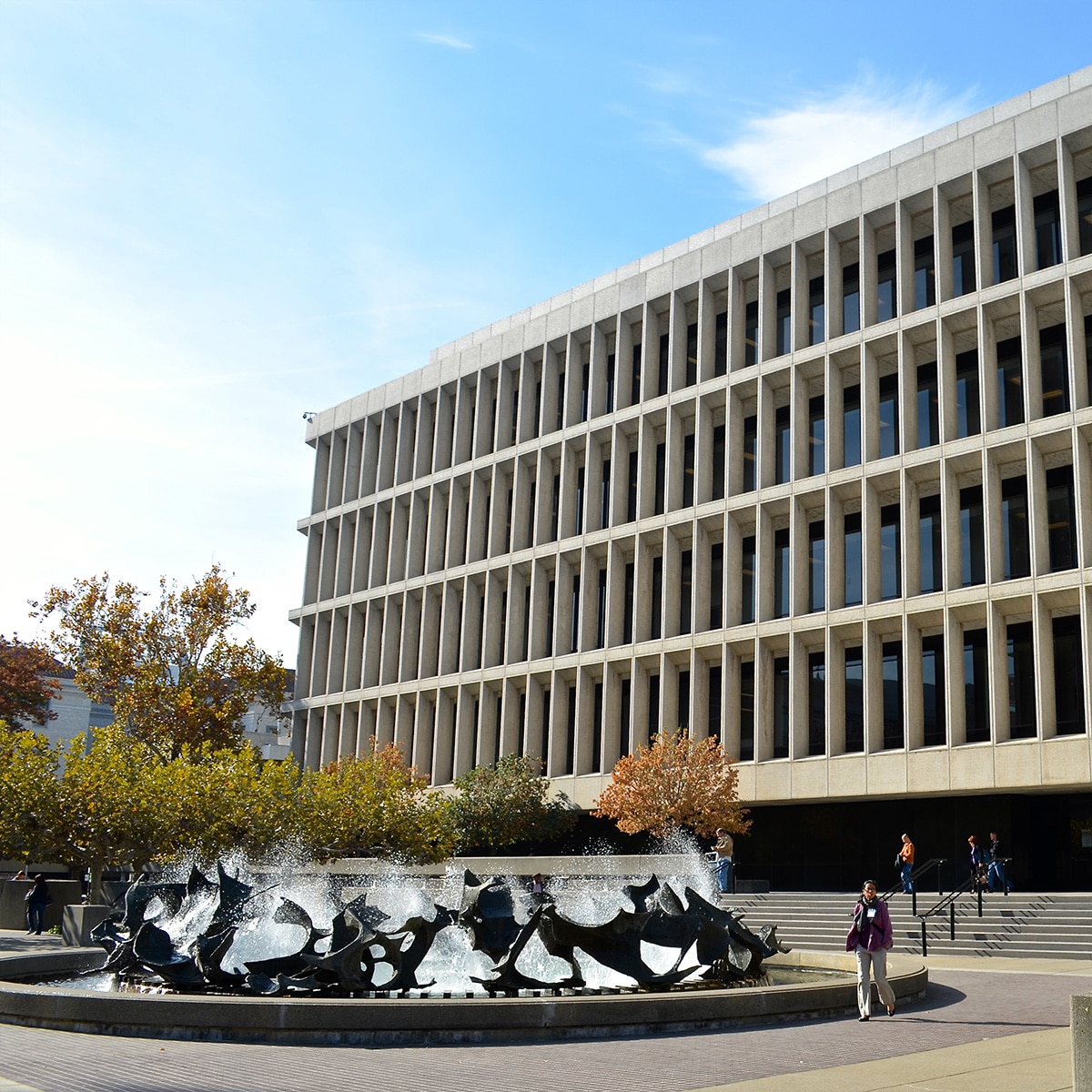
 By Roselyn Poommai
By Roselyn Poommai
SACRAMENTO, CA – A Sacramento County Superior Court judge here Monday ruled two Sacramento Police Dept. patrol officers violated a defendant’s Fourth Amendment rights to privacy after a simple traffic stop for tinted windows turned into a search and detainment without probable cause.
Judge Dave De Alba tossed out both felony firearms charges because of the constitutional violations.
Assistant Public Defender Noel Calvillo was the attorney-of-record for Defendant Joseph Weatherspoon, who filed a motion to suppress evidence obtained during Officer Thomas Maclean’s search of the defendant’s vehicle on Oct. 24, 2020.
Officer Maclean testified that he first asked the defendant to roll down his back windows to check for other occupants when he noticed the defendant suspiciously looking back and forth to the vehicle’s backseat floor.
Maclean said he asked the defendant if he possessed anything illegal in the car, which the defendant denied. He then asked if there was marijuana in the vehicle, to which the defendant admitted to possessing under an ounce of marijuana, and voluntarily retrieved and handed over a small, open bag containing .5 ounces of marijuana from his front pocket.
Despite confirming that the defendant was not on parole and therefore not subject to a search, Officer Maclean asked the defendant to step out of his vehicle.
Body-worn camera footage shown to the court portrayed this interaction, where Weatherspoon repeatedly stated that he did not consent to a search.
But Officer Maclean proceeded to a pat-down search on the defendant for a weapons check.
“Why am I even getting searched?” questioned the defendant in the footage, to which Maclean answered, “I’ll explain in just a second.”
Weatherspoon asserted, “Sir, you’re supposed to explain before I get my car searched.”
Maclean did not answer his question and detained the defendant in his patrol vehicle’s back seat before searching Weatherspoon’s car.
The footage ends with an audible presentation of the defendant’s distress, while Maclean shut the patrol vehicle’s rear door.
Upon searching the defendant’s vehicle, Maclean reportedly located loose-leaf marijuana on the floorboard, a smoked marijuana cigar in the front and back ashtrays, and an allegedly stolen semi-automatic loaded handgun concealed under the backseat.
Deputy District Attorney Saron Tesfai argued under a former court case, People v. McGee (2020), that peace officers have probable cause to search a person’s vehicle for additional contraband if the suspect’s vehicle contains an open container of marijuana in plain view.
The former court case further establishes that a search is warranted if a distinct marijuana odor from the vehicle is present, and DDA Tesfai advanced his argument that the defendant’s marijuana possession would have been lawful and that the officer would not have searched the defendant if his marijuana package had been closed.
However, Judge De Alba was more than a little skeptical.
“I’m not sure that I agree with you that it would be a violation of California law to have a plastic baggie with .05 gram or ounces of marijuana in your pocket that’s concealed and not visible by anyone, whether you’re in the car or out of the car,” stated Judge De Alba.
Judge De Alba reiterated that, unlike in the case of People V. McGee, neither Weatherspoon’s marijuana container was in plain view nor was there a detectable scent of marijuana when the officers approached the defendant’s vehicle.
“What is problematic for this court is the fact that there’s no smell of contraband or marijuana when the officers approached the vehicle,” Judge De Alba opined.
He went on to note, “There’s no contraband in plain sight. The defendant, Mr. Weatherspoon, voluntarily produces the baggie, whether it has a tie or not, from his right front pocket. There’s no evidence that he was using, or had been using, or that he was impaired while he was driving.
“The fact that Mr. Weatherspoon was even asked to get out of the car is in this court’s view not justified—much less to begin searching his person after he had voluntarily cooperated throughout the encounter,” said Judge De Alba.
Judge De Alba further concluded, “The Fourth Amendment is meant to protect citizens’ privacy and to protect against unjustified intrusions of people’s persons, their automobiles, their home.”
The court agreed to suppress the evidence obtained upon the warrantless-deemed search, dismissing Weatherspoon’s case and exonerating his bail.
 Roselyn is a second-year undergraduate double-majoring in Psychological Science and Criminology, Law and Society at the University of California, Irvine. A native of Los Angeles, California, she is passionate about the role of human behavior in the criminal justice system.
Roselyn is a second-year undergraduate double-majoring in Psychological Science and Criminology, Law and Society at the University of California, Irvine. A native of Los Angeles, California, she is passionate about the role of human behavior in the criminal justice system.
To sign up for our new newsletter – Everyday Injustice – https://tinyurl.com/yyultcf9
Support our work – to become a sustaining at $5 – $10- $25 per month hit the link:




